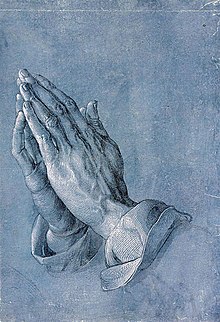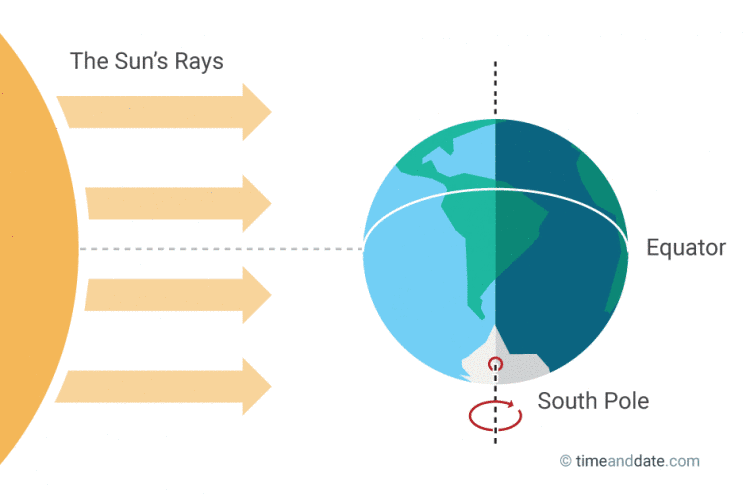“Hope is the only bee that makes honey
without flowers.”— Robert Green Ingersoll
 |
| Mesolithic rock painting of a honey hunter harvesting honey and wax from a bees nest in a tree. At Cuevas de la Araña en Bicorp. (Dating around 8000 to 6000 BC) |
“Last night as I was sleeping, I dreamt – marvelous
error! – that I had a bee hive here inside my heart. And the golden bees were
making white combs and sweet honey from my old failures.”— Antonio Machado
Midweek
Motif ~ Honey / Bee
With honey and bee humans have been having a pretty
long hunter-hunted relationship. Is it the same today or has it changed? Let
your words buzz.
Your words may be connected to the sweet, sticky
fluid that bees make from nectar; to the bee itself; to the flower, storehouse
of the nectar; to the honeycomb or even to the deadly humans for we must not
forget we are facing bee-loss globally in an increasing rate; among other
factors human factor is one that has contributed to this sharp decline. However
honey bee is not on the endangered species list yet.
Sharing some honey / bee poems here:
Fame Is A Bee
by Emily Dickinson
Fame is a bee.
It has a song—
It has a sting—
Ah, too, it has a wing.
A Bee
by Matsuo Basho
A bee
staggers out
of the peony
Bees
by Norman Rowland Gale
You voluble,
Velvety
Vehement fellows
That play on your
Flying and
Musical cellos,
All goldenly
Girdled you
Senerade clover,
Each artist in
Bass but a
Bibulous rover!
Velvety
Vehement fellows
That play on your
Flying and
Musical cellos,
All goldenly
Girdled you
Senerade clover,
Each artist in
Bass but a
Bibulous rover!
You passionate,
Powdery
Pastoral bandits,
Who gave you your
Roaming and
Rollicking mandates?
Come out of my
Foxglove; come
Out of my roses
You bees with the
Plushy and
Plausible noses!
Powdery
Pastoral bandits,
Who gave you your
Roaming and
Rollicking mandates?
Come out of my
Foxglove; come
Out of my roses
You bees with the
Plushy and
Plausible noses!
An extract from Kahlil Gibran’s Prophet
:
And now you ask in your
heart,
"How shall we distinguish that which is good in pleasure from
"How shall we distinguish that which is good in pleasure from
that which is not good?"
Go to your fields and your gardens, and you shall learn that it is
Go to your fields and your gardens, and you shall learn that it is
the
pleasure of the bee to gather honey of the flower,
But it is also the pleasure of the flower to yield its honey to the
But it is also the pleasure of the flower to yield its honey to the
bee.
For to the bee a flower is a fountain of life,
And to the flower a bee is a messenger of love,
And to both, bee and flower, the giving and the receiving of
For to the bee a flower is a fountain of life,
And to the flower a bee is a messenger of love,
And to both, bee and flower, the giving and the receiving of
pleasure is a need and an ecstasy.
People of Orphalese, be in your pleasures like the flowers and the bees.
People of Orphalese, be in your pleasures like the flowers and the bees.
Please share your new poem
using Mr. Linky below and visit others in the spirit of the community—
(Next week Susan’s Midweek Motif will be ~ Truth /
in honor of Gandhi)





